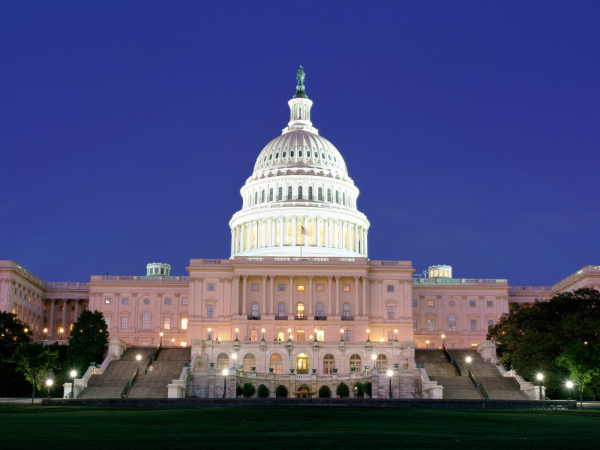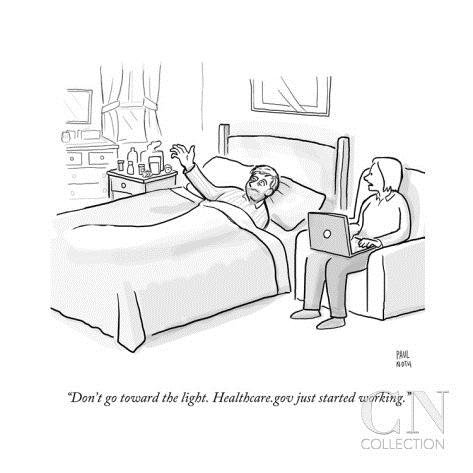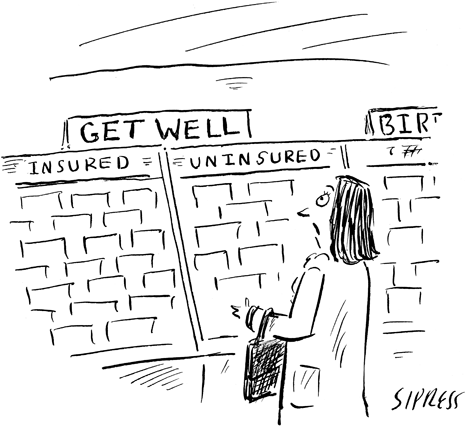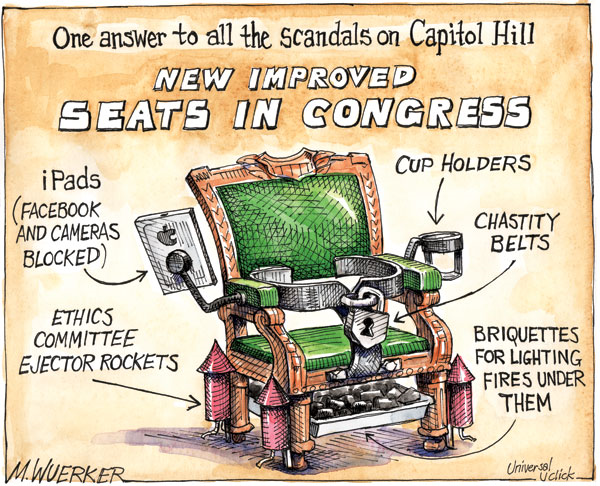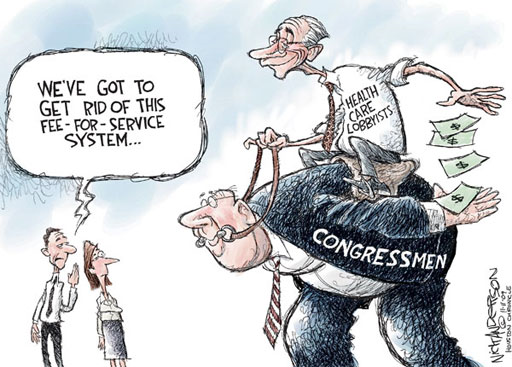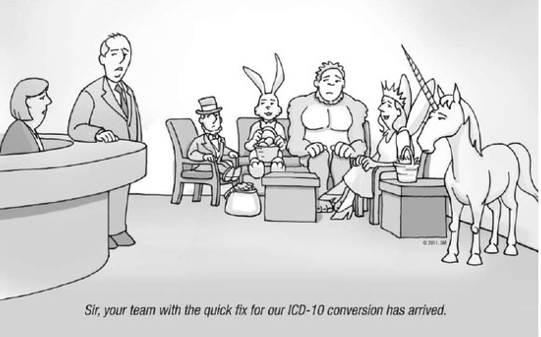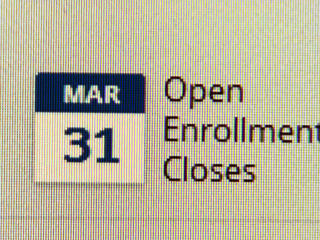The United States Senate has joined the House of Representatives and passed legislation to prevent a 24% cut in physician fee schedule payments from occurring today as previously scheduled. Instead, Medicare physician fee schedule payments will continue to be paid as they have been for the past 3 months. Although the legislation must be signed by the President in order to become effective, the President has indicated that he will sign this legislation once it reaches his desk.
Medical Billing Blog
Monday is the last day of March and it's also the last day to sign up for insurance through healthcare.gov!
Yesterday, by a voice vote, the House of Representatives passed legislation postponing the 24% physician fee schedule cut slated to take effect on April 1, 2014. However, the legislation went well beyond just temporarily fixing the SGR problem, it also made a number of other changes that will have long-lasting implications. A listing of those changes is at the end of this message.
Permanent 'Doc Fix' May Be On Hold As House Passes Short-Term Patch
MARY AGNES CAREY: Welcome to Health on the Hill. I’m Mary Agnes Carey.
According to study, America has 32 million underinsured.
As Monday's deadline to sign up for health insurance or face a penalty approaches, there's plenty of attention on the uninsured. But how about the underinsured? A new report finds that 32 million people were underinsured in the U.S. in 2012, meaning their health insurance didn’t do enough to protect them from major medical costs, according to a new report from the Commonwealth Fund. That makes for 80 million Americans who either have no health insurance at all, or who don’t have enough, the report finds. The Affordable Care Act insurance reforms seek to expand coverage and to improve the affordability of care and premiums.
Congressional Leaders Step Down This Winter
The winter of 2014 is turning out to be one of the coldest and snowiest winters in the Mid-Atlantic region in history. In Washington, DC, a city generally associated with “hot air” the average high temperature for the months of January and February were well below normal.
Doctors Say Grace Period Will Leave Them With Unpaid Bills
The American Medical Association issued a statement to physicians on Wednesday cautioning doctors on how to navigate a 90-day grace period for government-subsidized health plans. A patient with subsidized insurance who is falling behind in payments is guaranteed coverage for medical bills for 30 days – but insurers can ultimately deny payment during the remaining 60 days. Some doctors and the AMA say insurance companies could delay and then retroactively deny claims made during the 60-day period – a bill then held stuck with physicians.
Doctor Compensation Practices in Response to New Value-Based Payment Models
In response to the shift from traditional fee-for-service payment towards new value-based payment models, the American Medical Association (AMA) published a study on how doctors were compensated.
CMS: No ICD-10 Delay; AMA - It Costs too Much!
The AMA has asked the Department of Health and Human Services to reconsider mandating the switch to ICD-10 on October 1, 2014. In remarks delivered February 27th at the 2014 HIMSS Annual Conference in Orlando, Florida, CMS Administrator Marilyn Tavenner publicly rejected that call. “There are no more delays and the system, will go live on Oct 1.” Tavenner said.
Kathleen Sebelius, the secretary of health and human services, said Wednesday that the Obama administration would not extend the deadline for people to sign up for health insurance or delay the requirement for most Americans to have coverage. There will also be no delay in the penalty most Americans face under President Barack Obama's healthcare reform law if they fail to obtain health coverage this year. Last year, embracing nonpartisan estimates for the Affordable Care Act, Health and Human Services Secretary Kathleen Sebelius set a benchmark for the new insurance marketplaces: "Success looks like at least 7 million people having signed up by the end of March 2014," she said to NBC. Enrollment, however, began at a terribly slow pace in October because of all the technical problems with HealthCare.gov, the federal health exchange website serving 36 states. Some state-run health exchange websites have had their own problems as well. Within that context, Sebelius on Wednesday redefined what success looks like: "Success looks like millions of people with affordable health coverage, which we will have by the end of March," she told the House Ways and Means Committee. The administration released the latest enrollment figures on Tuesday—revealing that some 4.2 million Americans have signed up for coverage on the new exchanges. However, that figure does not include how many people have actually paid for their plans—a metric that could make the actual number of enrollees significantly lower.

